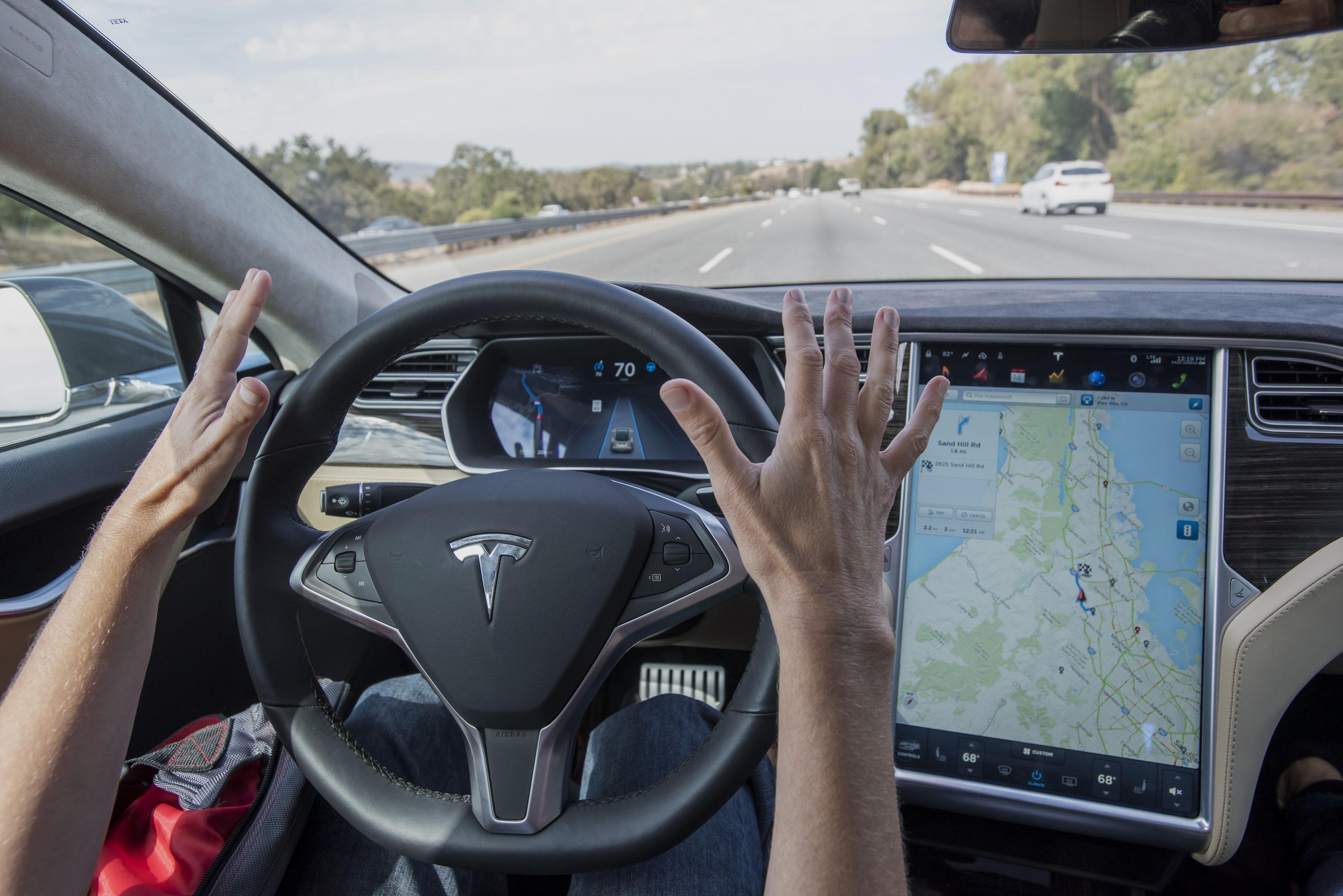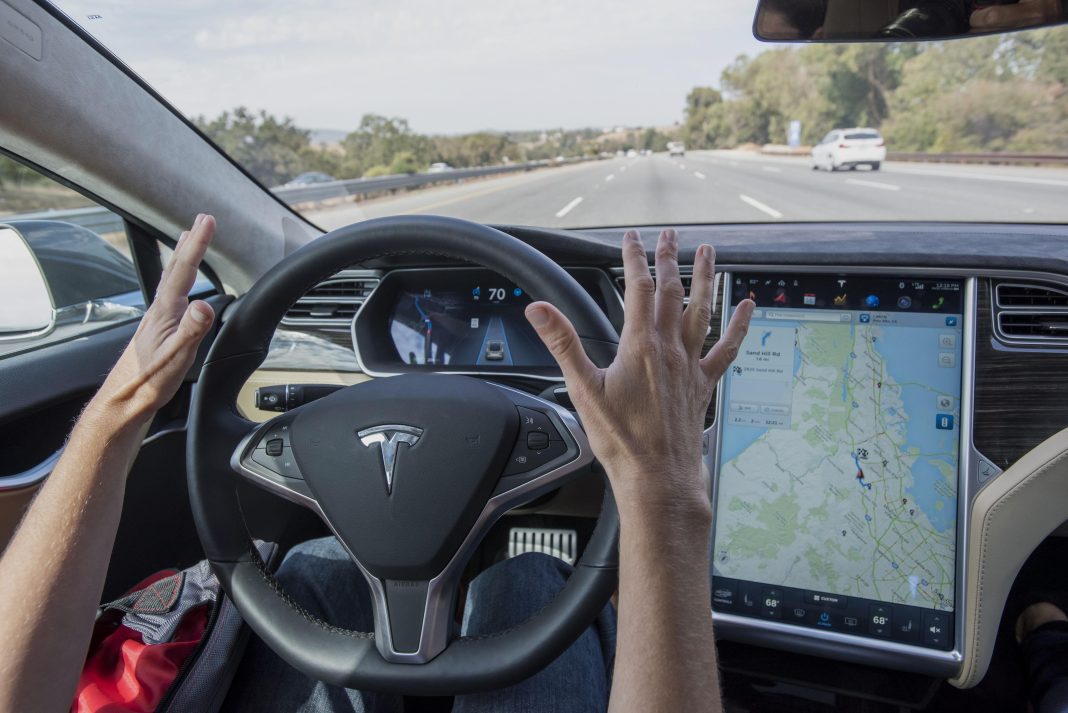 Tesla Faces Lawsuit Over False Claims of Self-Driving Capabilities
Tesla Faces Lawsuit Over False Claims of Self-Driving Capabilities
Introduction:
Tesla, the electric vehicle company led by CEO Elon Musk, has been dealt a blow in a lawsuit filed against it by the California Department of Motor Vehicles (DMV). The state claims that Tesla overstated its claims of self-driving capabilities in its advertising, making statements that were “untrue or misleading.” The DMV alleges that Tesla’s vehicles were marketed as being “equipped” or “partially equipped” with autopilot and driver-assistance features that allow the vehicles to operate autonomously. The lawsuit argues that this false marketing violates state law and is seeking to suspend Tesla’s license to manufacture and sell vehicles in California.
California Judge Denies Tesla’s Request to Dismiss Lawsuit:
A California judge, Administrative Law Judge Juliet Cox, has rejected Tesla’s request to dismiss the lawsuit brought against it by the state. The judge stated that it was too soon to dismiss the case before a formal hearing, which is scheduled for September 9. The judge’s decision allows the state’s lawsuit to move forward and indicates that there is merit to the allegations made by the DMV.
DMV’s Claims and Legal Basis:
The DMV argues that Tesla used language in its advertising that led consumers to believe that their vehicles were capable of autonomous operation. California law prohibits companies from using misleading terms to attract customers, even if the truth is later disclosed before purchase. The state also claims that Tesla’s advertising violated state vehicle code, which prohibits vehicle makers or dealers from advertising untrue or misleading statements. The DMV’s case rests on these legal grounds, aiming to hold Tesla accountable for its allegedly false marketing.
Tesla Fights Back, Citing Free Speech Rights:
Tesla’s attorneys have countered the DMV’s claims by arguing that the company’s advertising is protected under the First Amendment of the U.S. Constitution and the California Constitution. They argue that the statements targeted by the DMV are not misleading to a reasonable consumer and that the company includes disclaimers stating that driver assistance systems require active driver supervision and do not make the vehicle autonomous. Tesla’s attorneys accuse the state of “cherry picking” certain words and ignoring the context in which they are used, thereby restricting the company’s constitutional free speech rights.
Ongoing Legal Troubles for Tesla:
The lawsuit by the DMV is just one of several legal challenges that Tesla is currently facing. The company has come under scrutiny for workplace conditions and its self-driving features. It faces federal investigations into whether defects in its autopilot features have contributed to fatal crashes. Additionally, prosecutors and the Securities and Exchange Commission are investigating whether Tesla made misleading claims about its autopilot features to the public. Furthermore, a class-action lawsuit has been certified in California, alleging “severe and pervasive race harassment” against black workers at a Tesla factory.
Conclusion:
Tesla’s request to dismiss the lawsuit brought against it by the California DMV has been denied by a judge. The state’s claims that Tesla overstated its self-driving capabilities in its advertising will now proceed to a formal hearing. The case highlights the ongoing legal troubles faced by Tesla, including workplace conditions, federal investigations into autopilot defects, and allegations of race harassment. As this legal battle unfolds, it remains to be seen how Tesla will defend itself against the allegations of false marketing and whether the outcome of this case will have wider implications for the company’s future operations.


